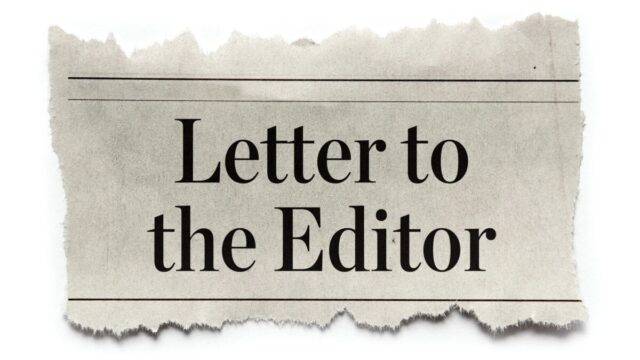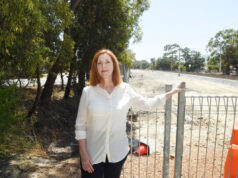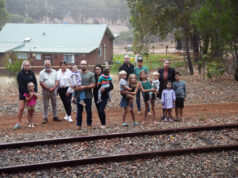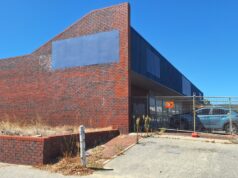Appalled
I am appalled by the twist that the treasurer put on the worsening budget position… that it was due to paying money to veteran’s claims.
How much of the billion-dollar hole in the budget actually ended up in veteran’s payments?
How much was due to Departmental Expenditure?
How much was spent on salary and wages for the additional 500 employees to deal with the backlog of claims debacle?
Whilst some of the DVA expenditure ends up in the veteran’s pockets, a vast amount of DVA expenditure is nominally veteran related (museums, commemoration and war graves both here and overseas) and of significance to veterans, it is poor reporting and poor accounting to state that the payments to veterans is entirely to blame for a billion-dollar hole in the budget.
Poor budgeting is the responsibility of DVA admin staff.
If veteran’s claims had been recorded and processed in a timely manner then the veteran’s pensions would have been allowed for in the normal budgeting process. Then there would not be a necessity to try and catch up outside the normal budget process.
Whilst I acknowledge some well-deserved payments did end up in the pockets of some pensioners, I am appalled that the treasurer could misconstrue the facts to say that the government is just helping veterans.
The incompetence of the DVA in failing to process claims (some over four years old) is where the blame should be directed, and not the veterans who finally received their justifiable claims.
The Royal Commission has recently forced the DVA to deal with the “Backlog” of claims (41,000) outstanding when Labor took office.
But the DVA has just created a new backlog of claims, some of which have been in the possession of DVA for over four years.
The DVA are claiming to have cleared the “Defined Backlog” of claims, and yet they report that there are over 70,000 claims outstanding at the end of each month during 2024.
These are not just pieces of paper awaiting to be processed, they are thousands of men and women who have been injured and traumatised in their service of Australia.
Please do not treat veterans like a football to be kicked around for political convenience.
Theo Linden, Armadale
Happy baccy
I couldn’t agree more with the article “Booze-related violence plea” (Page 4, The Examiner, December 12) quoting Jason Meotti from the Legalise Cannabis Party WA.
Me and a group of people worked cane cutting in North Queensland for two seasons.
We lived in a shack close to the job and on weekends we smoked “happy baccy”, yes cannabis.
We were a happy group and violence was never an issue.
The police knew where we were and what we were up to, however they never visited us once.
About five kilometres down the road from where we lived there was a hotel where patrons were getting legally drunk and also violent.
We heard numerous police car sirens blaring week after week heading for the hotel and on one occasion followed by an ambulance. This was a normal situation.
Our peaceful group, however, was breaking the law.
When will the law change to legalise this non-violent party drug, which is less dangerous than smoking cigarettes.
Ron Spencer, Kelmscott
Strange decision
What a strange decision to reduce Fremantle Road lanes.
Last week’s article by Liam Murphy (Gosnells Examiner, December 12, page 3) regarding the City of Gosnells decision to downgrade Fremantle Road from four lanes to two is perplexing.
Gosnells, like most localities, is increasing in population and this means more vehicles on the roads. Decreasing the road surface by 50 per cent will mean slower travelling times, more congestion and the possibility of more accidents.
It will be interesting to evaluate the increased flow of traffic when the rail is again operational.
The Perth Armadale Railway Line is being upgraded. A part of this upgrade is the removal of 13 level crossings.
Unfortunately, the three level crossings in Gosnells are not included.
Gosnells motorists can expect a long wait for this to happen.
Kevin Wansbrough, Gosnells
Surcharges
I am certain a great number of your readers are paying their Synergy’s bill invoice with a direct debit account payment scheme using credit card.
The foundation documents including the Code of Conduct for the Supply of Electricity to small-use consumers in 2022, and Synergy Direct Debit Service agreement notably omit any reference to a surcharge for credit card payments.
Based on these two contractually and legally binding documents, does Synergy have the right to charge such a surcharge as it lacks legal basis and transparency.
Instead, the surcharge is buried behind the “Synergy’s Standard Electricity South West Interconnected System (Prices and Charges)” document which raises concerns about transparency and consumer awareness. How many customers have received such a document from Synergy?
Water Corporation, another statutory organisation, offers this direct debit payment service using credit card without surcharge, making it more customer friendly.
Organisations like Transperth, Kleenheat, Alinta, AGL, DOT and all major retailers offer customers paying with their credit cards without incurring a surcharge.
Surcharges on credit cards are banned in the United States, Canada, Europe, and Britain. Surcharges cost Australians about $960 million a year, according to RBA data analysis.
What are your readers thoughts on these surcharges?
Choon Soh, Canning Vale














